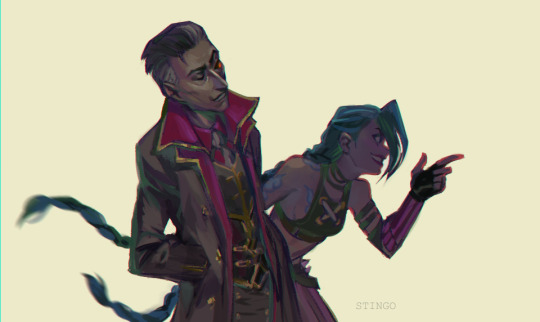Text


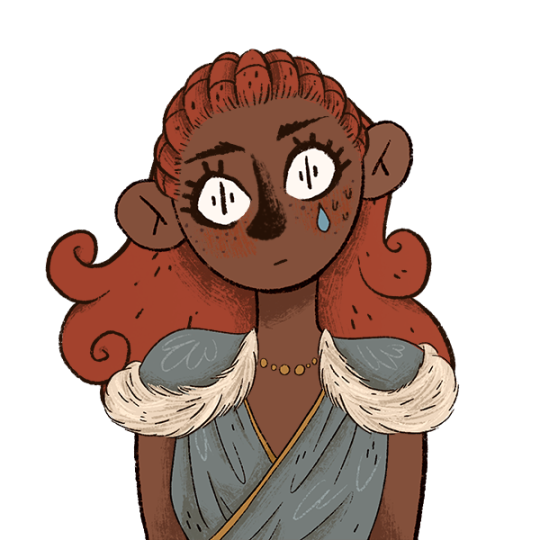



picrew / stolen from @unlore <3 from left to right (a-z): chiyo, fawn, grace, mae (not yet on the blog but i wanted to make her in this given the fox tail), samarra, viktor
#idk if this art style is a reference to anything but its cute. mae came out so adorable#the skin colors arent perfect but we work with what we have sadfsf#dash stuff.#file : chiyo kanshi.#file : fawn.#file : grace cousland.#file : mae.#file : samarra ejinn.#file : viktor.
13 notes
·
View notes
Text

why does anyone commit acts others deem unspeakable? multimuse with a focus on horror, sci-fi, and fantasy. written by frankie ( 30+, any pronouns, cst timezone ). viewer discretion is advised. for love.
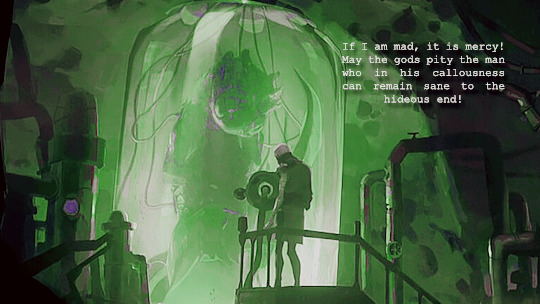
#promo.#FRANKIE I LOVE YOUUU#one of those people who brighten my life with their presence. and also whose graphics are super well done
6 notes
·
View notes
Text


REBECCA FERGUSON as Elizabeth Woodville in The White Queen (2013)
225 notes
·
View notes
Text
“Well a cockroach can survi—” yes but for how long, and to what end? “Can” is not a good metric for “must.” And also? People aren’t fucking insects.
13K notes
·
View notes
Text

Mosab Abu Toha, from Forest of Noise: Poems; "To my Mother, staying in an UNRWA school shelter in the Jabalia Camp"
[Text ID: "I need you / You are my better heart when I feel I am about to die."]
266 notes
·
View notes
Text
So sick of dog motif what about cat motif.
I love you but we don't love the same. I can't be near you when you want me to be. Your love is smothering and your need to keep me safe is trapping me. I'm my own person but I don't know how to show you that. I lash out and hurt you even though I don't mean to. I need you to move slowly around me or I'll bolt. I love you, even though I don't say it. If you stay still I'll sit next to you, and even though we don't understand each other we can be together like that.
69K notes
·
View notes
Text
@unlore : this is an interesting way of thanking me. / the lady to jessamine!

"what is there to thank you for?" jessamine deals them out another hand of cards, cigar spitting smoke where it rests in the ashtray. she can't tell if she's having an odd dream again. she doesn't like to smoke in public, even in the private gardens, yet here she is. "the rat plague? the funeral dirge of my people?" she is being imperious, but there's a genuine inquiry here. and there is much to be owed to luck. emily's legitimacy in the line of succession; corvo's health and happiness; the safety of her family despite dunwall's horrors. she looks at her hand, then back up at the other, eyes not quite reaching her face. jessamine may be imperious (as is her duty), but she's wise enough not to push her luck (ha) too far. best not to trifle with divinities.
"i am an empress, but my reach is limited. if there's something you want in return for my good fortune, you'll have to ask me for it outright." somehow, she doesn't think money or power are worth anything in this conversation.
1 note
·
View note
Text
@aurouze : "Is it -" Alta is, clearly, struggling not to cough, her nose wrinkling as she processed what she had just taken a sip of. This was - their favorite? "Is it - meant to burn?" Even their beloved spirits on the Steppe weren't as eye-watering as this horrific concoction.
g'raha laughs quietly. he doesn't intend to mock her distress, but it would help if it were less adorable. they sit at the bar at the wandering stairs. his own mug has one polite sip out of it, but he hasn't touched it since. he intends to keep a clear head and get back to working on the soul vessels as soon as the moment allows, but alta's requests are something he hasn't the capacity to deny.
"perhaps glynard has poured it extra strong for the warrior of darkness' sake," g'raha offers, smiling wryly, tail swishing in pleasure under his robe as he looks at her, "as a courtesy to you."
and no, it normally doesn't burn him too horrifically, but he's kind enough to not draw the comparison between them. g'raha has watched worlds smolder to cinders and felt crystal crawling up his flesh, slowly but inexorably suffocating. a stiff drink is the least of his troubles.
he raises an eyebrow, playful. "shall i flag him down and have him pour the esteemed warrior something else?"
#ffxiv spoilers#shadowbringers spoilers#aurouze#file : g'raha tia.#ic : g'raha tia.#answers.#:teeheegigglepika emote:
2 notes
·
View notes
Text
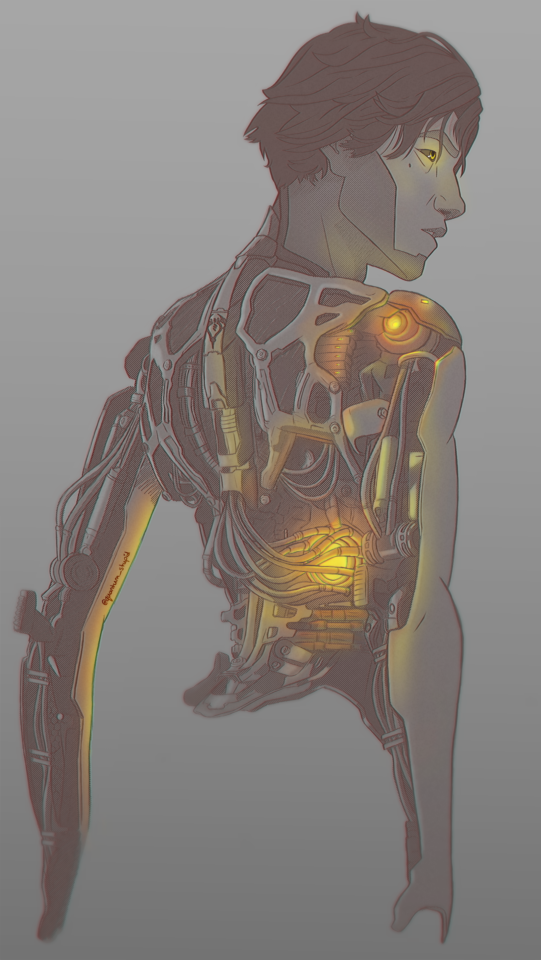
"I'll just do some quick sketches," I said. "Just some practice, then I can hop on League," I said.
tWo DaYs LaTeR
Technically not done, but my wrist hurts and I ended up hating it because perfectionism is a bitch, so it's going in the wip graveyard anyway. I give up. RIP. Stil posting cause why not.
(This is Songbird's cyberware from Cyberpunk fyi, cause I'm not actually creative enough to design my own lol... But I either messed up or gave up on a lot of areas cause of wrist pain.)
Side note: fml I accidentally included an extra glowy bits layer when exporting, so it's too damn bright... but I cbf to fix it so it's just gonna stay scuffed ig
229 notes
·
View notes
Text

Happy Pride Month or whatever.
823 notes
·
View notes
Text
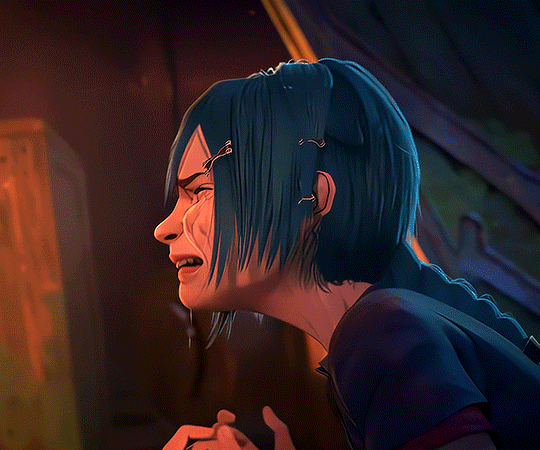
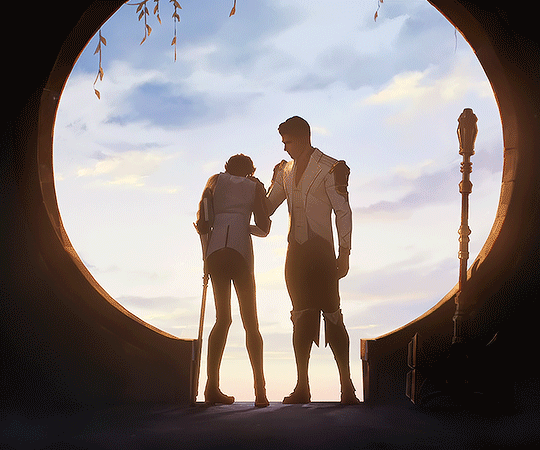
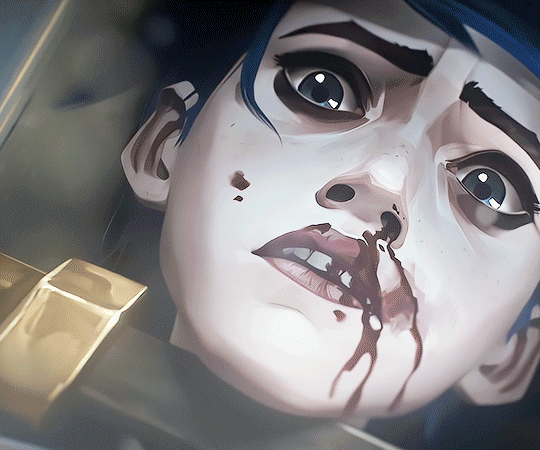

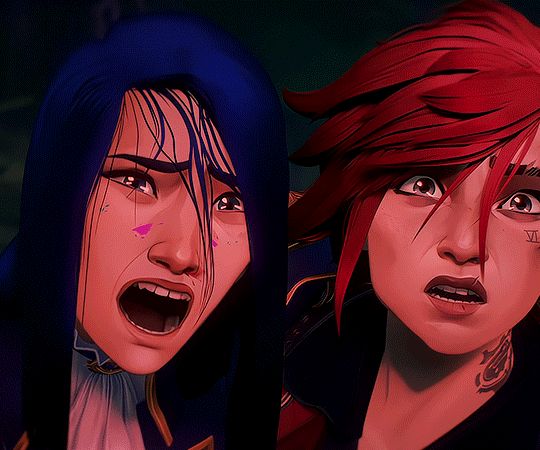
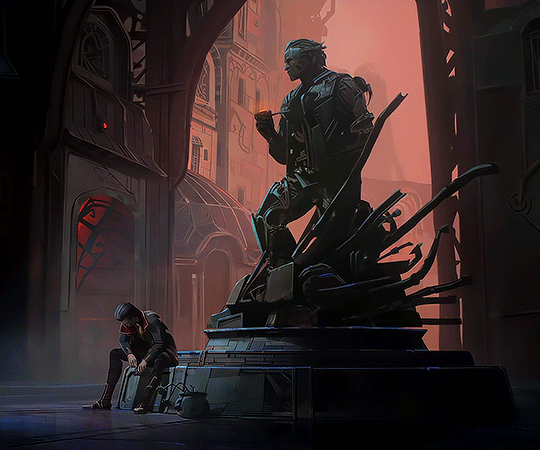
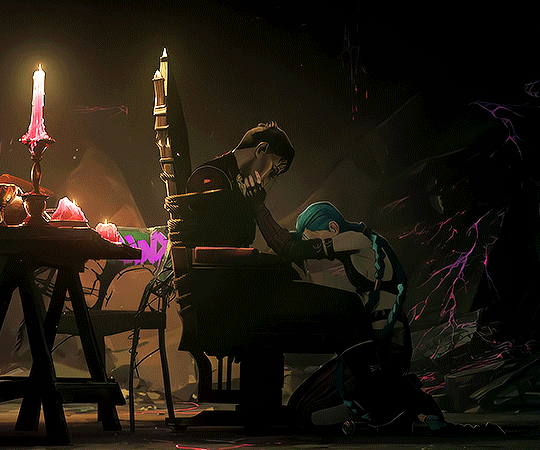

ARCANE LEAGUE OF LEGENDS: Season 1 ↳ "Oh, the misery."
3K notes
·
View notes
Text
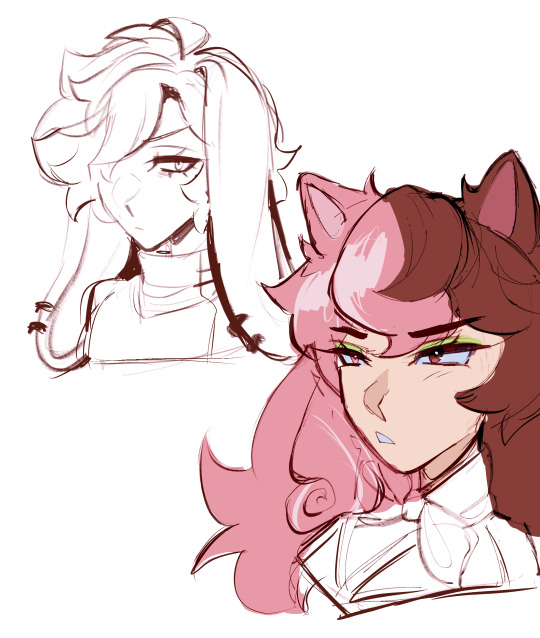
kitty neo and bunny jaune
77 notes
·
View notes
Text
platonic ships are just as valid as romantic ships.
#ooc.#so trueeeeeeee#sometimes i get nervous to get too excited about them in case it seems like im trying to push for romance#i love a nonromantic ship and always have tho#i think people get caught up in 'oh its JUST platonic so they dont care about each other as much'#or that all platonic pairings are parent child#when neither of those are necessarily true!
177 notes
·
View notes
Text
“you can’t just casually mention you’ve technically died once” i can actually. it’s funny
9K notes
·
View notes
Text
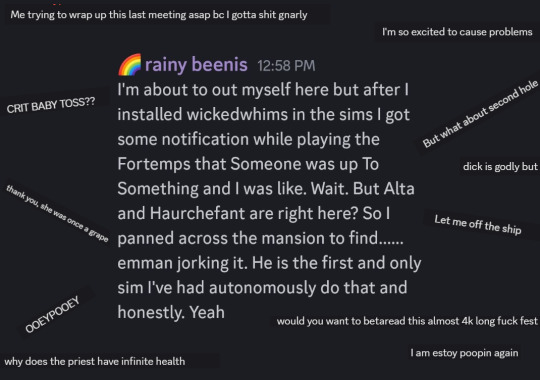
~ multimuse rp blog written by rainy peebnis themself ~
(18+ only and read the rules before you follow lest u feel regerts)
7 notes
·
View notes
Text


manchild by sabrina is really giving johnny & v
#i was gonna send thsi just to soph but its too good to keep in dms actually#for all your shipping needs and playlists etc#WHY SO SEXY IF SO DUMB?#file : volanté lázaro.
2 notes
·
View notes
